Non-Toxic Kitchen Essentials You Should Have In Your Kitchen
Transitioning to a more natural, non-toxic lifestyle is one of the best ways to reduce your exposure and safeguard your health.
The kitchen, being a central part of daily life, is one of the best places to start! With so many kitchen utensils made from materials that can leach harmful chemicals into your food, it’s crucial to switch to safer, non-toxic alternatives.
Why Choose Non-Toxic Kitchen Utensils?
The materials used in many kitchen tools, such as plastics and rubber non-stick coatings can release harmful chemicals (and microplastics!) into your food over time. These chemicals can disrupt hormone function and potentially lead to long-term health issues.
By switching to non-toxic alternatives, you can eliminate your exposure to these harmful materials, safeguard your health and cook your food safely!
Essential Non-Toxic Kitchen Utensils
Here are some must-have kitchen utensils to consider when making the transition to a more natural, toxin-free lifestyle.
1. Wooden Spoons and Utensils
Wooden utensils have been a staple in kitchens for centuries, and for good reason. Unlike plastic, they don’t leach harmful chemicals, and they are gentle on cookware (no scratches!).
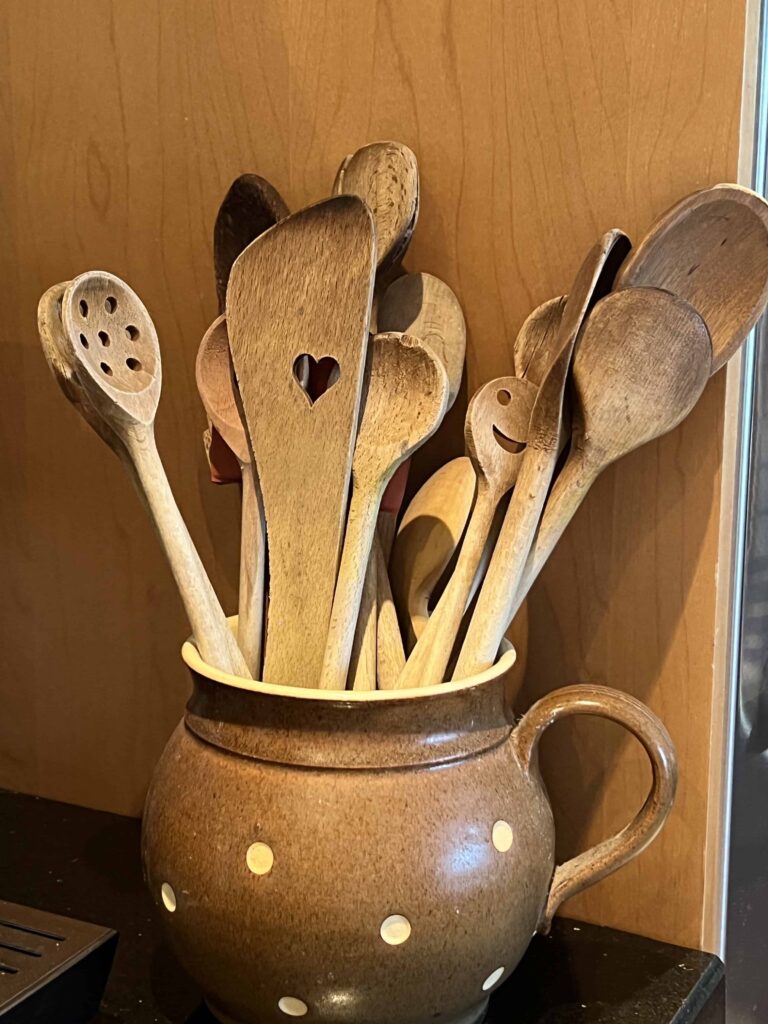
Why Wooden Utensils?
- Non-toxic: Made from natural materials like bamboo or hardwood.
- Durable: They last a long time and don’t scratch cookware.
- Eco-friendly: Wood is a renewable resource, especially bamboo, which grows quickly.
2. Stainless Steel Cookware and Utensils
Stainless steel is a fantastic alternative to non-stick or plastic cookware. It’s durable, non-reactive, and easy to clean. Stainless steel also doesn’t leach toxins like some metals, making it a safer option for cooking.
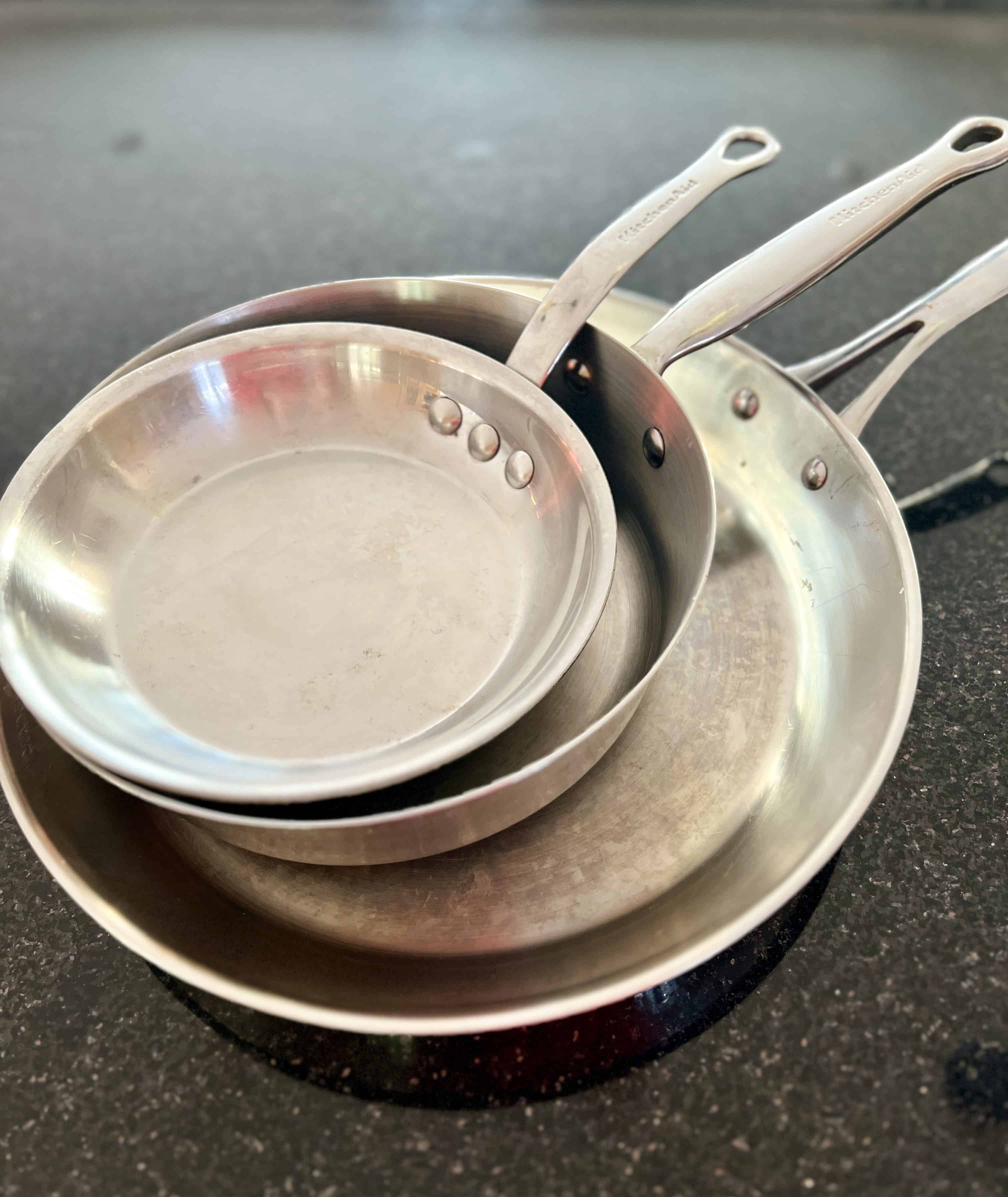
Why Choose Stainless Steel?
- Non-reactive: Does not react with acidic or alkaline foods.
- Durable: Scratch-resistant and long-lasting.
- Non-toxic: Free from harmful coatings and chemicals.
These are the best stainless steel cookware brands on the market!
3. Cast Iron Cookware
Cast iron cookware, such as skillets, pans, and Dutch ovens, are incredibly versatile and perfect for a non-toxic kitchen.
It’s naturally non-stick when seasoned properly and can withstand very high temperatures. Cast iron also adds a little extra iron to your diet, which can actually be beneficial for your health!
Why Cast Iron?
- Natural non-stick: Requires proper seasoning to create a non-stick surface.
- Durable: Cast iron lasts for generations when properly cared for.
- Adds iron to your diet: Great for those with low iron levels.
4. Glass or Ceramic Bakeware
While many bakeware options are made from metal or coated with non-stick substances, glass and ceramic are much safer alternatives. They are free of harmful chemicals and can withstand high heat, making them perfect for baking without worry.
Why Glass or Ceramic?
- Non-toxic: Free from PTFE, PFOA, and BPA found in some non-stick coatings.
- Durable: Can handle both high and low temperatures without warping.
- Great for baking: Glass and ceramic provide even heat distribution for perfect results.
5. Wood Cutting Boards
If you only make one switch in your kitchen, I really strongly encourage this one.
Plastic cutting boards can leach harmful chemicals (and microplastics!) into your food, especially when they get scratched (which they do basically every time you use it). Not to mention that plastic cutting boards can harbour bacteria in the cuts made during food prep.
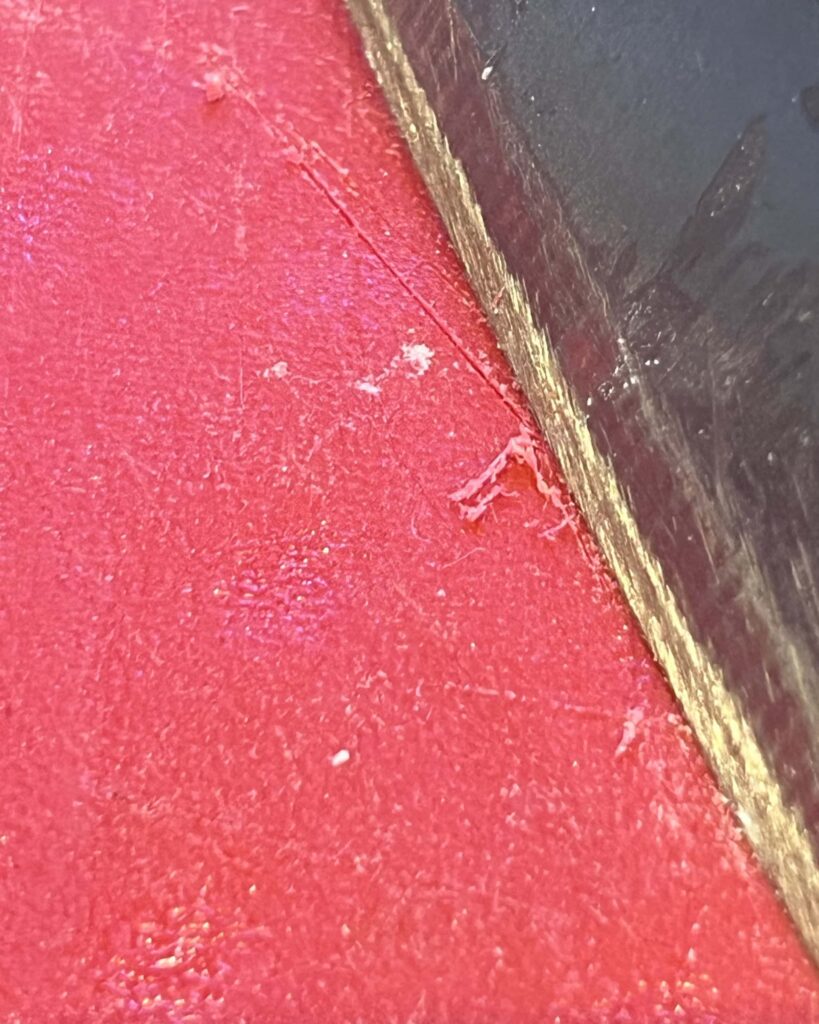
Wood and bamboo cutting boards are a sustainable and non-toxic alternative. Wood is easy to clean (like these super easy natural cleaning methods), plastic and chemical free, and made from natural materials.
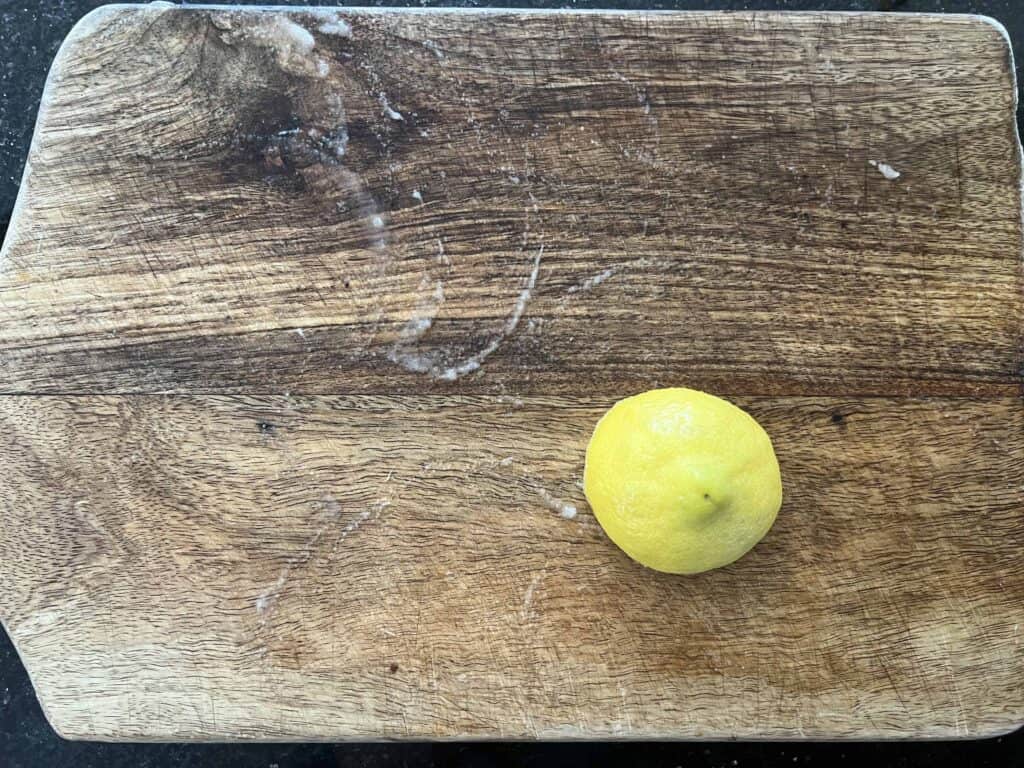
Why Wood Cutting Boards?
- Non-toxic: Free from BPA and other harmful chemicals.
- Eco-friendly: Bamboo is a fast-growing, renewable resource.
- Antimicrobial: Naturally resists bacteria growth.
6. Non-Toxic Food Storage Containers
While not a cooking utensil, food storage is an important part of maintaining a healthy, non-toxic kitchen. Instead of using plastic containers, consider switching to glass, stainless steel, or bamboo for food storage.
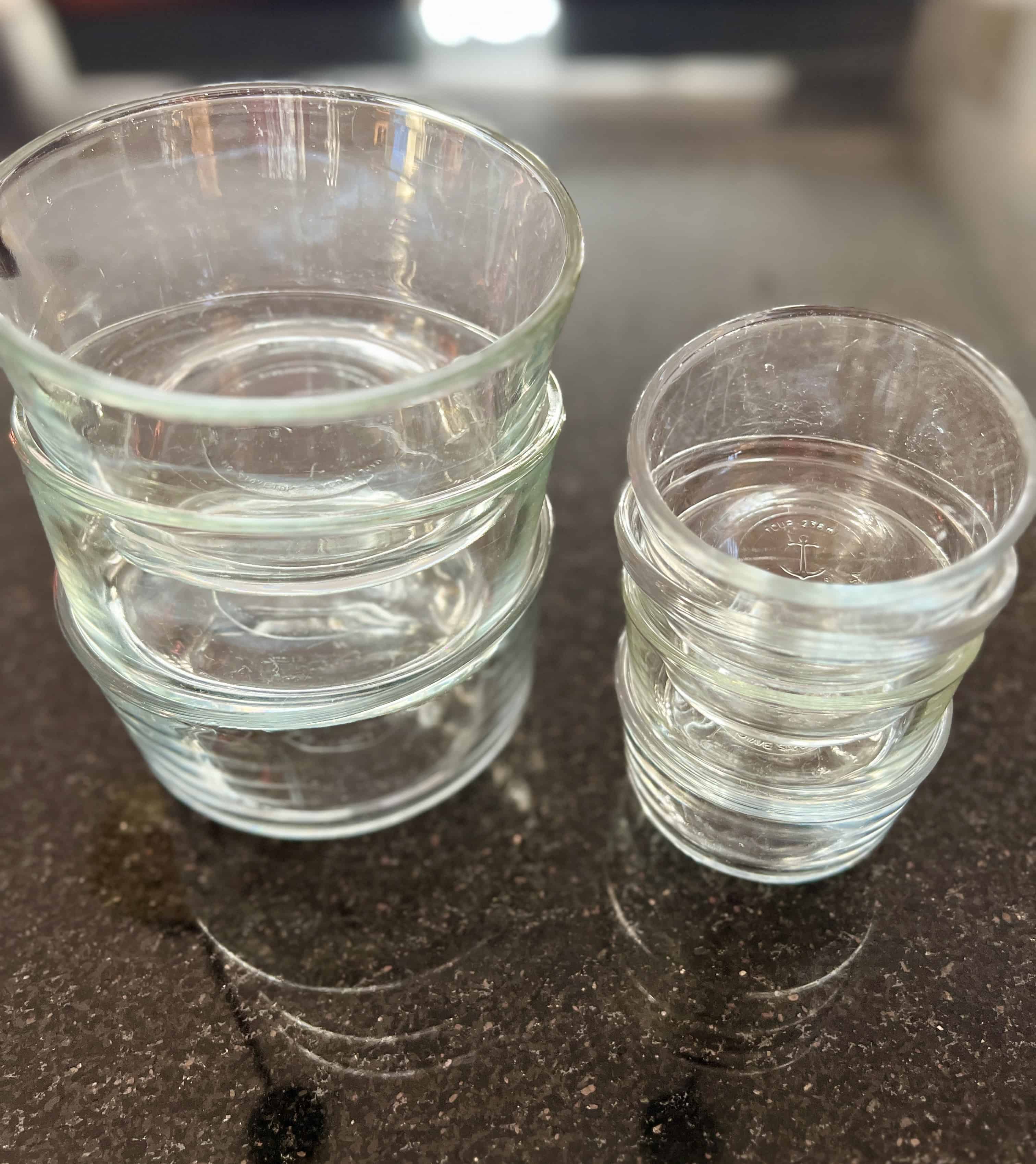
These materials are free from harmful chemicals and help preserve food without contamination.
Why Non-Toxic Food Storage?
- BPA-free: No risk of BPA leaching into your food.
- Eco-friendly: Glass and stainless steel are reusable and recyclable.
- Healthier: Preserves food without harmful chemicals.
7. Beeswax Wraps
Plastic wrap is a common kitchen staple, but it’s made from polyethylene, a type of plastic that can leach harmful chemicals into food, especially because it’s often used to wrap food.
Beeswax wraps offer an natural, non-toxic alternative to plastic wrap. Made from organic cotton infused with beeswax, tree resin, and jojoba oil, these wraps are reusable, biodegradable, and perfect for storing food without chemicals.
Why Choose Beeswax Wraps?
- Non-toxic: Made with natural, safe ingredients.
- Reusable: You can use beeswax wraps for months, reducing waste and saving money.
- Breathable: Unlike plastic, beeswax wraps allow your food to breathe, keeping it fresh longer without the risk of sogginess or condensation.
- Versatile: Use them to cover bowls, wrap sandwiches, or store produce.
To clean beeswax wraps, simply wash them with cold water and mild soap, then air dry. With proper care, they can last for up to a year before needing to be replaced.
How to Care for Your Non-Toxic Utensils
To ensure your non-toxic kitchen utensils last and perform well, it’s important to care for them properly. You’ll want to have a non-toxic dish soap on hand, too!
- Wooden Utensils: Hand wash with mild soap and water, and occasionally treat with food-safe mineral oil or beeswax to prevent cracking and drying out. For an additional clean, you can boil them in water for 5-10 minutes.
- Stainless Steel: Clean with warm, soapy water. For stubborn stains, use a natural cleaner like vinegar or baking soda or the Branch Basics Oxyboost.
- Cast Iron: After cooking, clean with a stiff brush and hot water. Season your cast iron regularly with a layer of oil to maintain its non-stick surface.
- Glass and Ceramic: Wash with mild soap and avoid sudden temperature changes to prevent cracking.
- Wood Cutting Boards: Here are a couple easy, natural ways to clean your cutting boards.
Making the switch to non-toxic kitchen utensils is a step towards a healthier home environment. By choosing materials like wood, stainless steel, cast iron, and glass you’re reducing your toxin exposure and protecting your health.
With these non-toxic alternatives, you can feel confident that your kitchen is a safe place to prepare meals for you and your loved ones.
Start with one or two of these items, and over time, gradually replace more of your kitchen tools with non-toxic options. It’s a small change that will make a big difference in your everyday life!
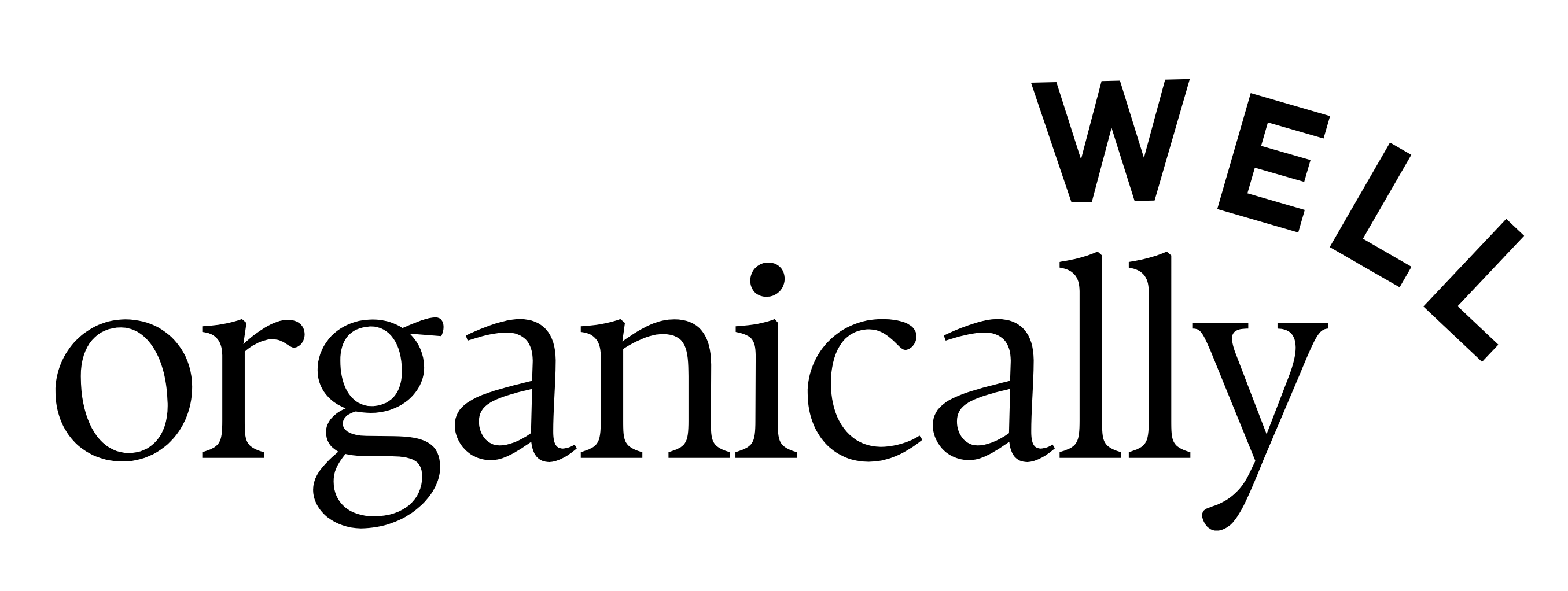
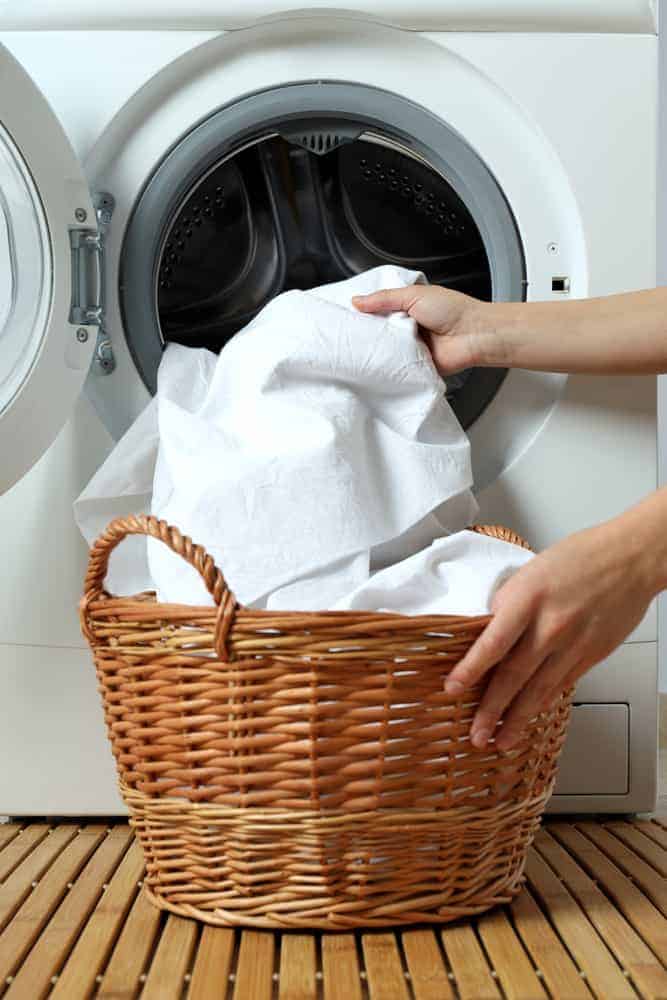
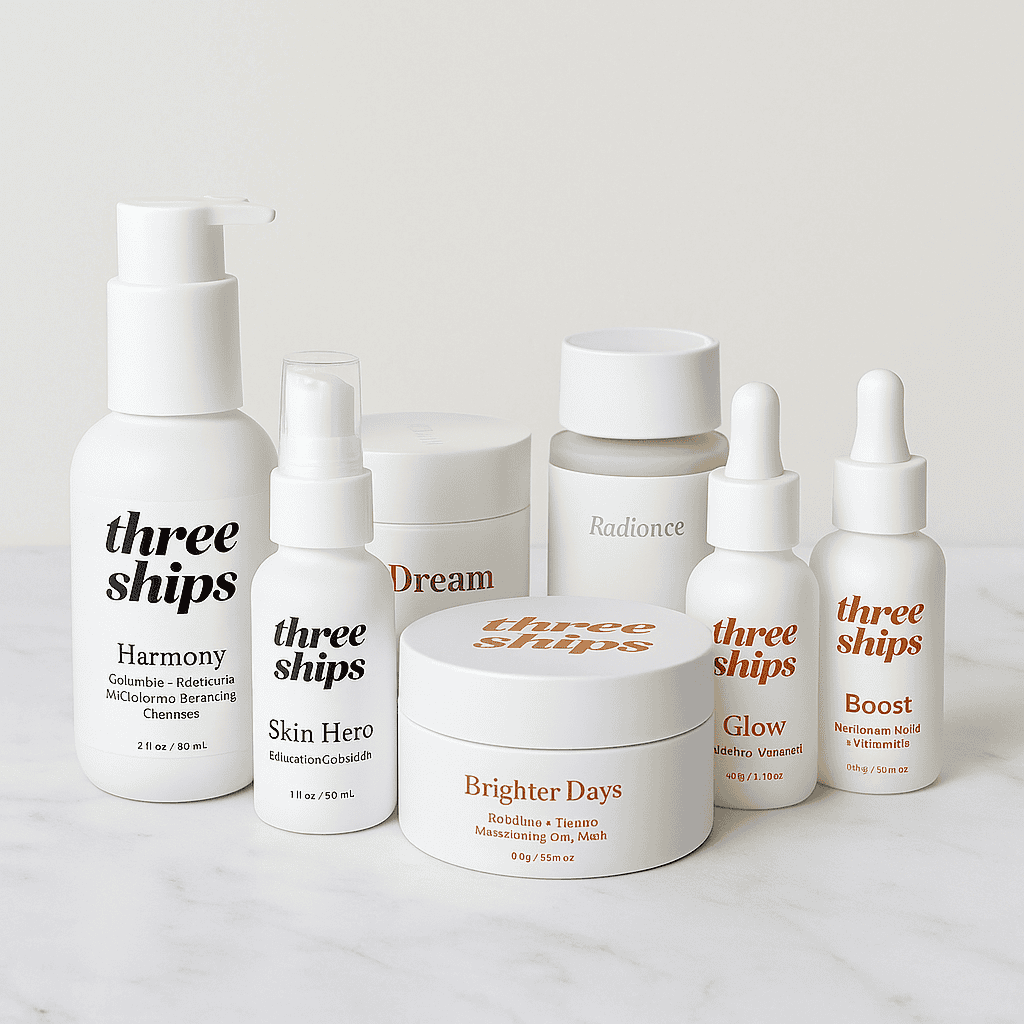
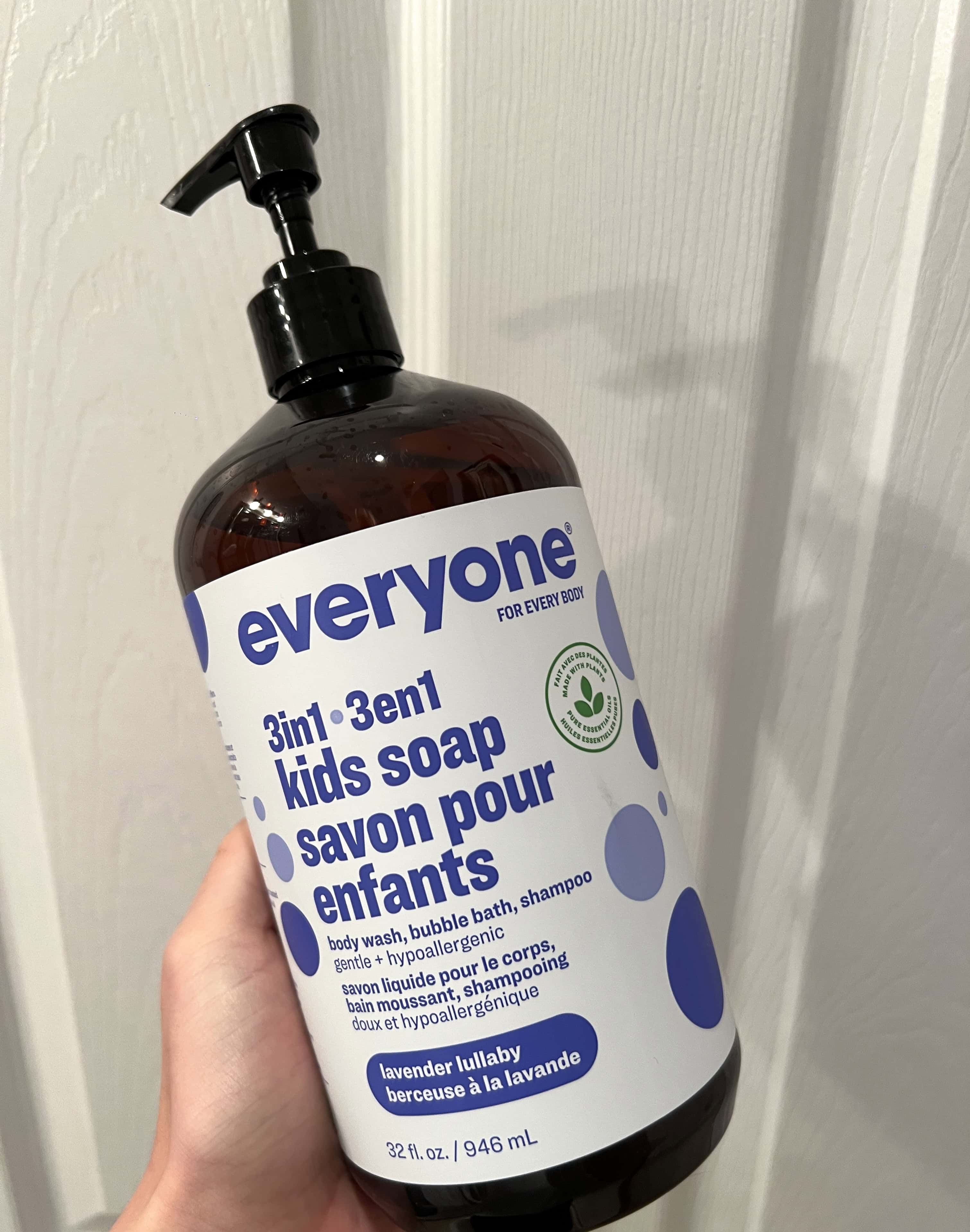
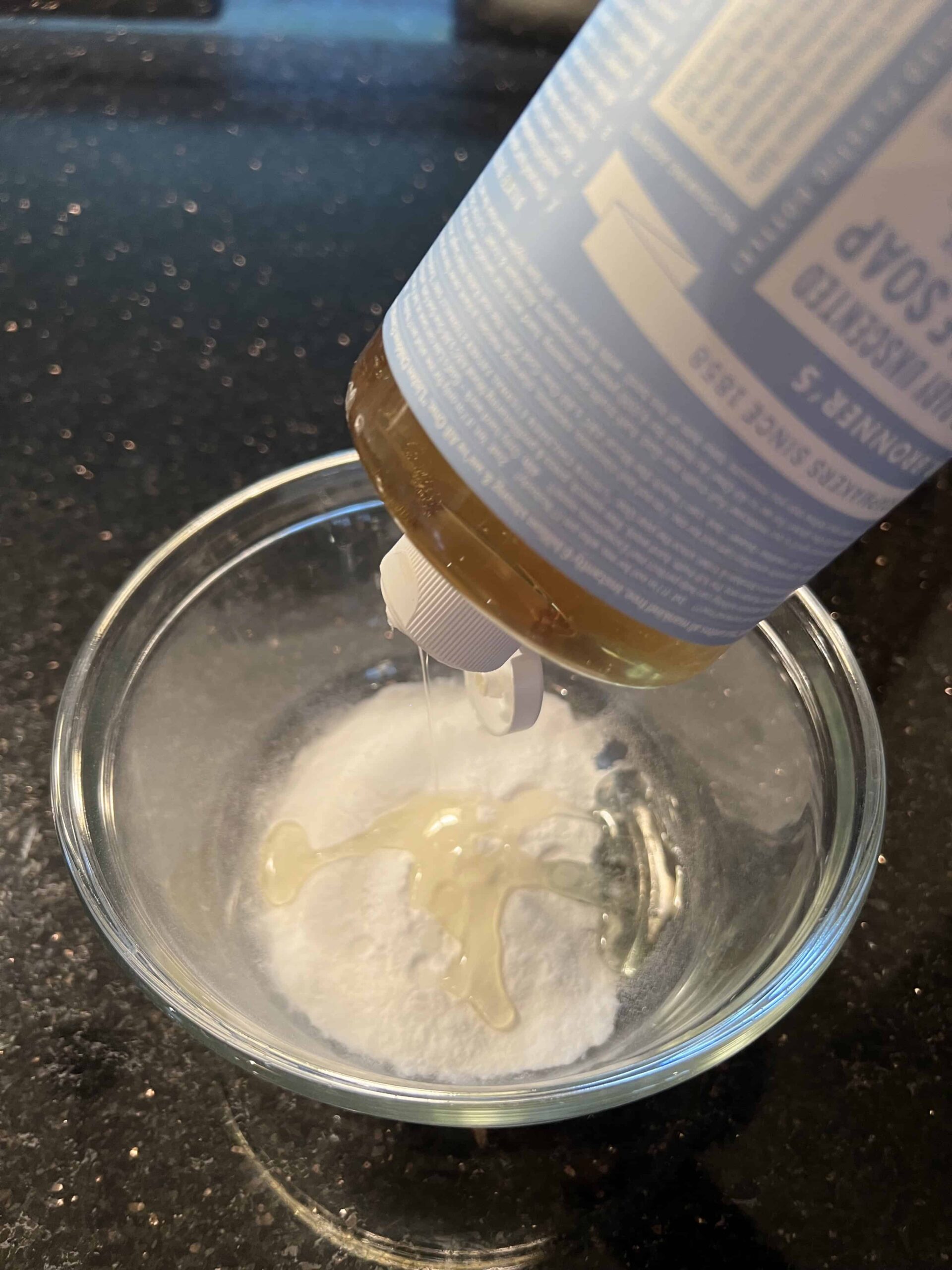
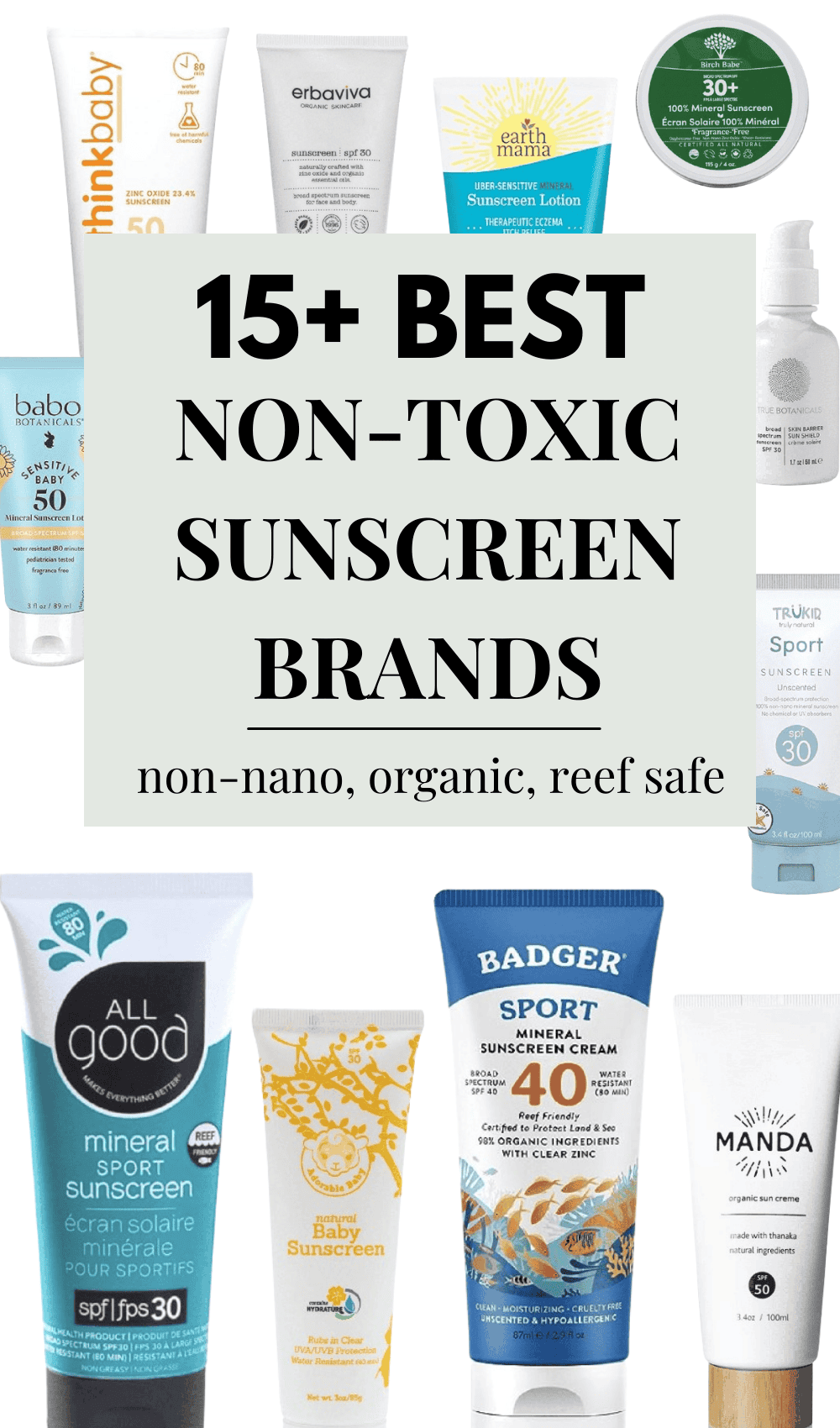
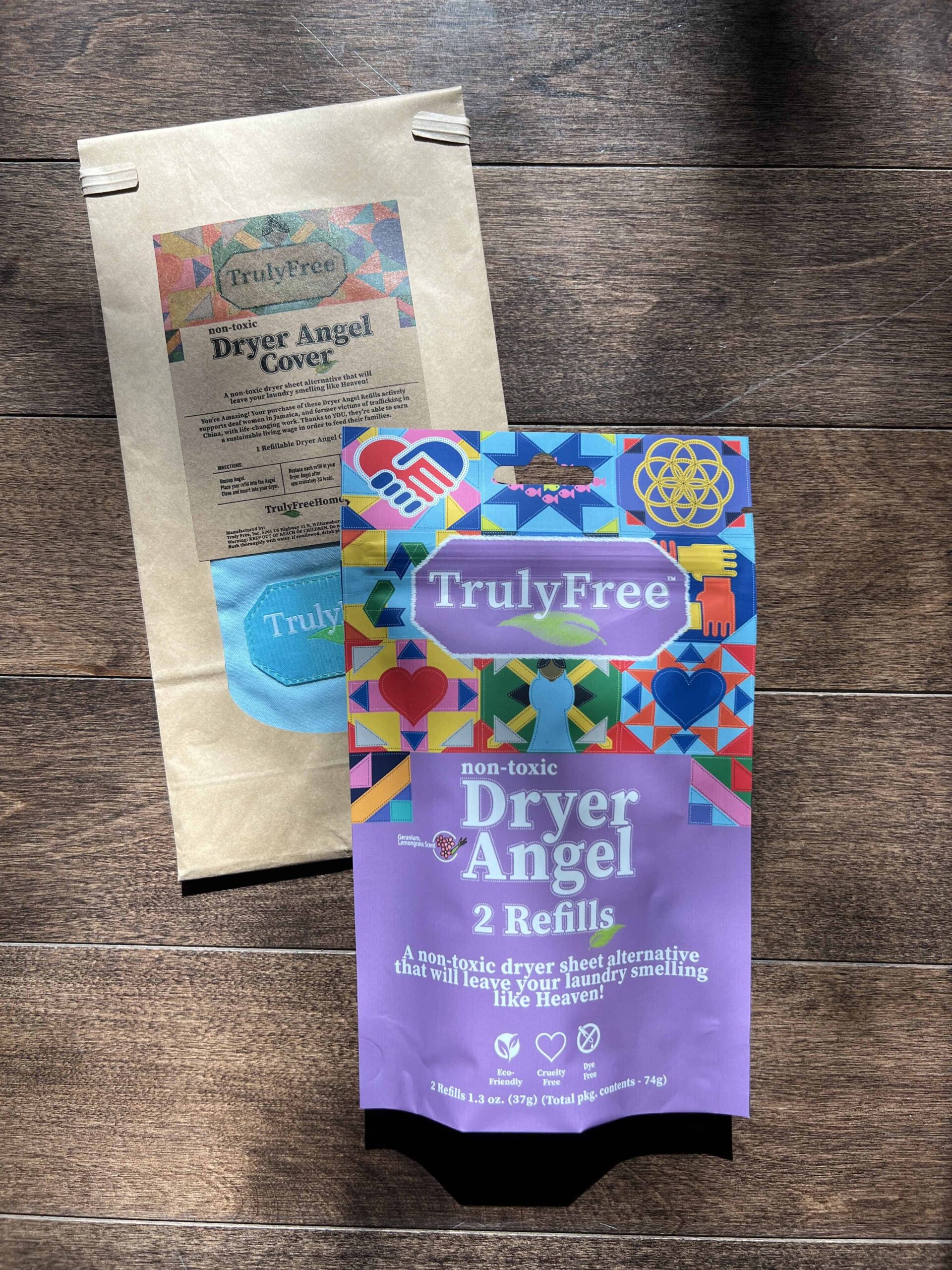
Some genuinely wonderful information, Sword lily I discovered this. “What happens is not as important as how you react to what happens.” by Thaddeus Golas.